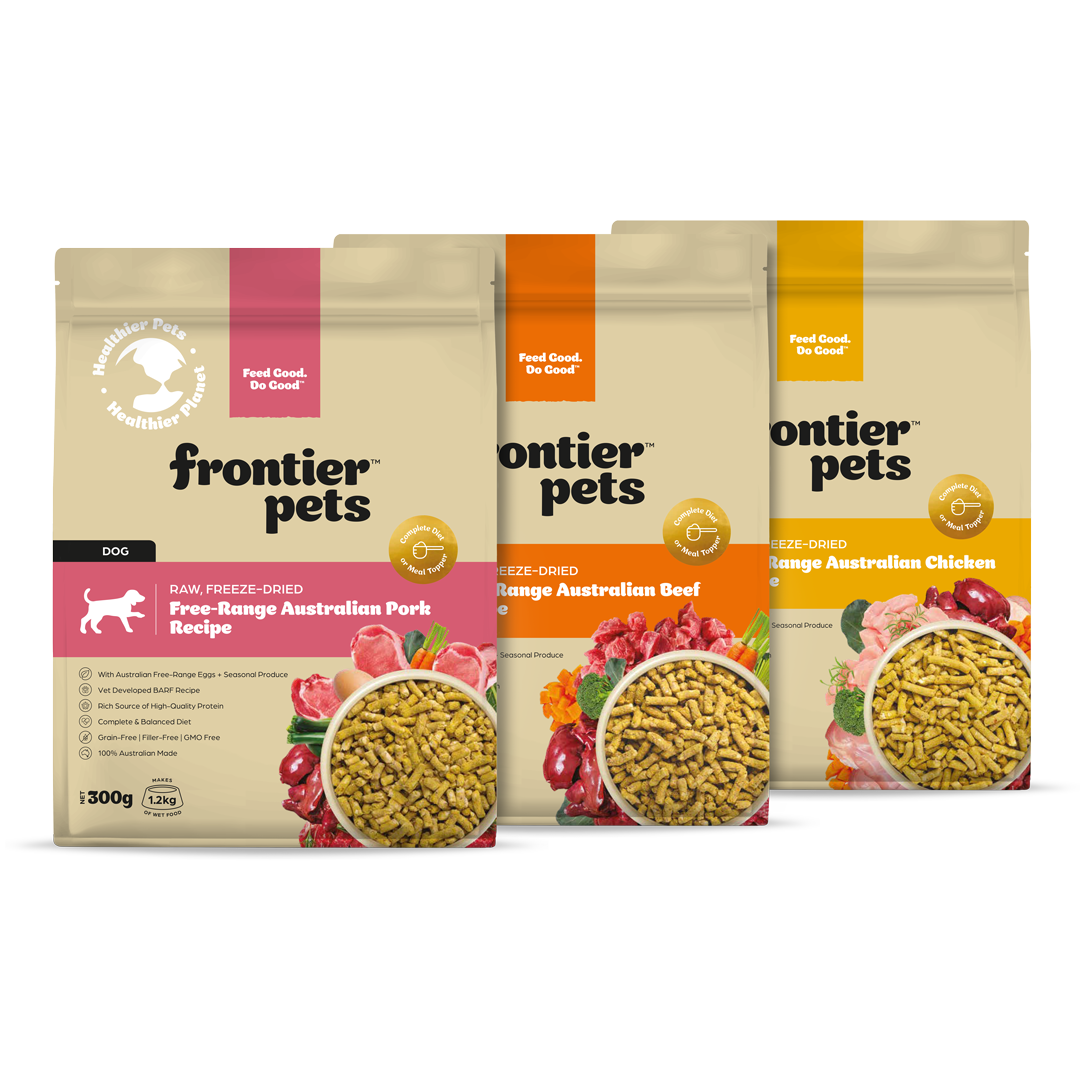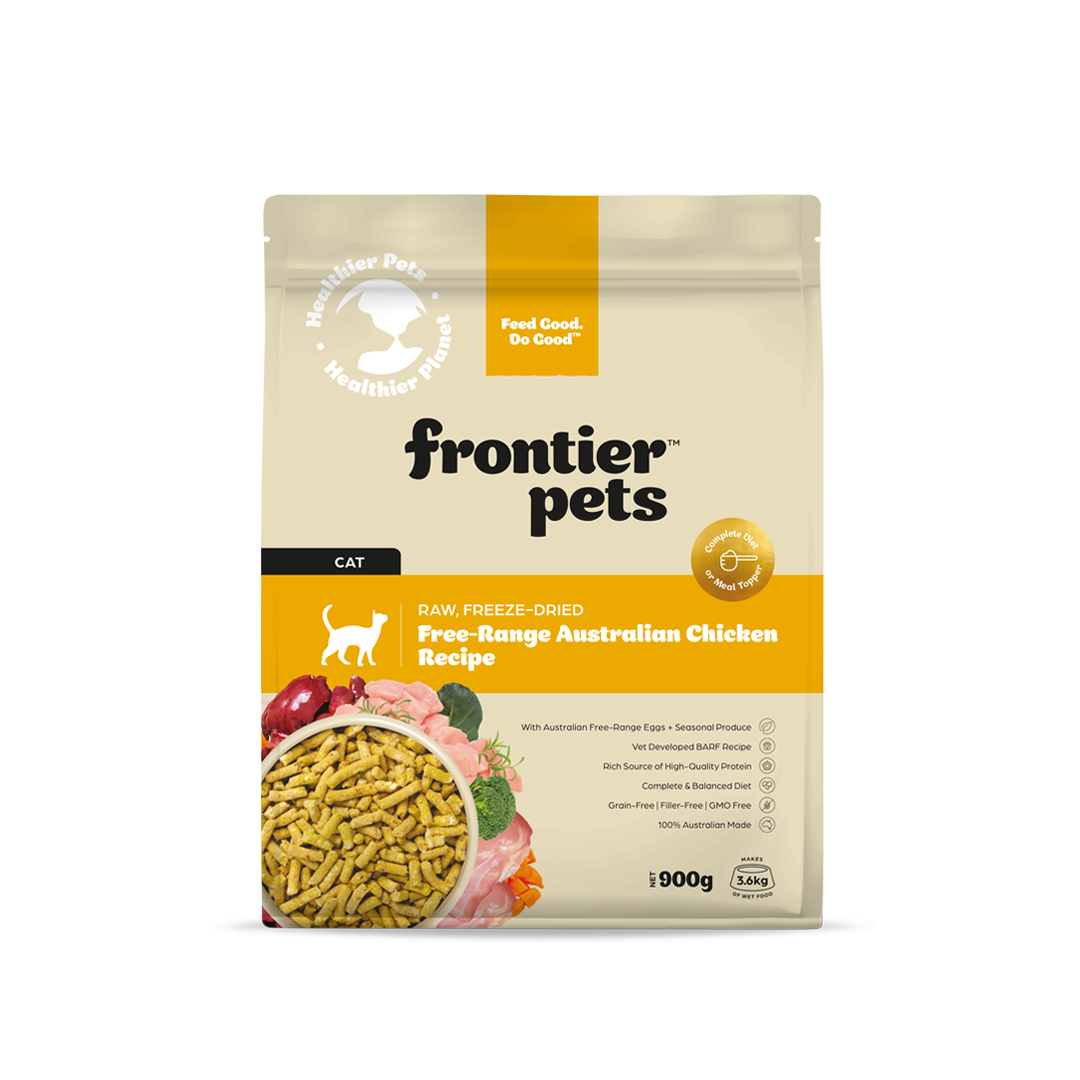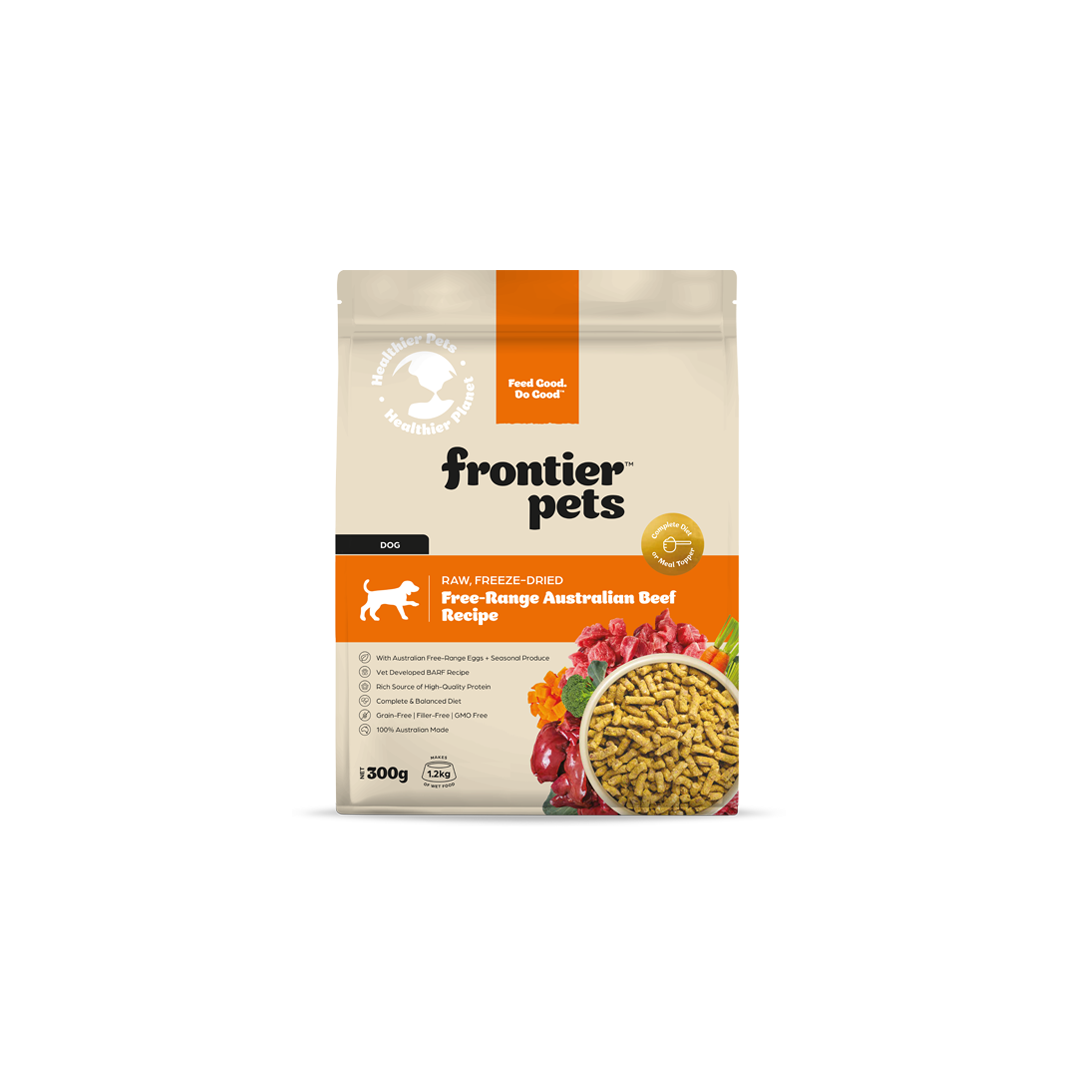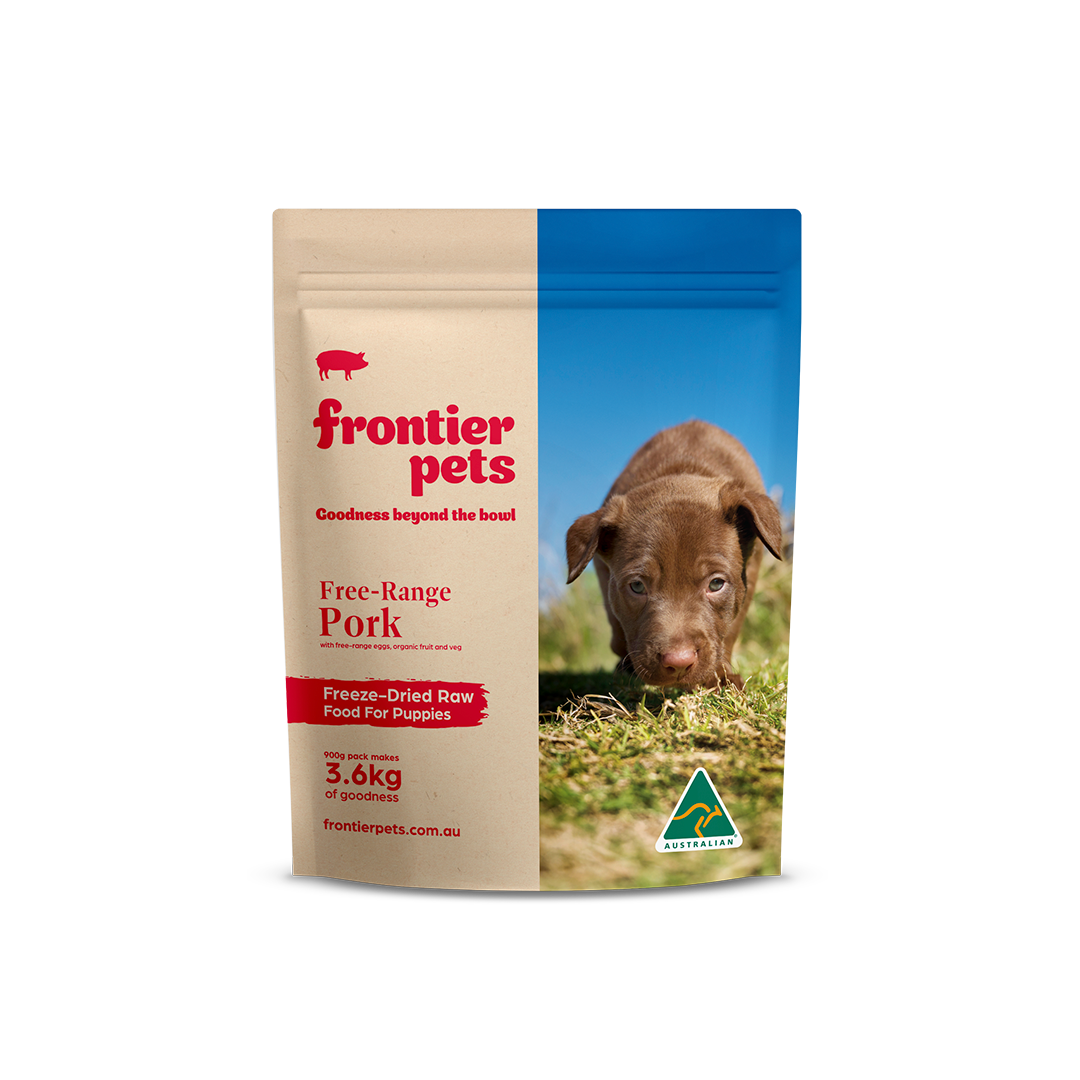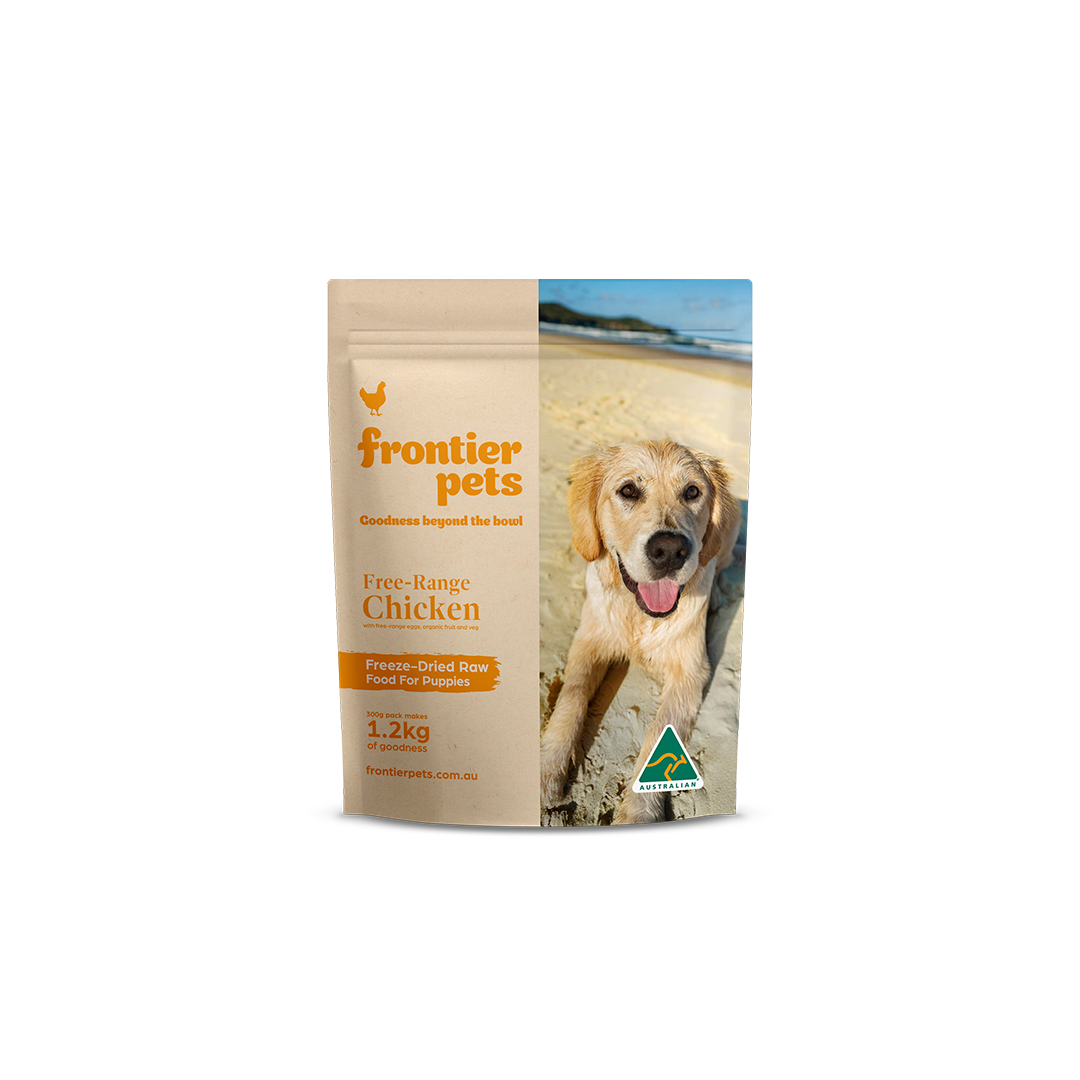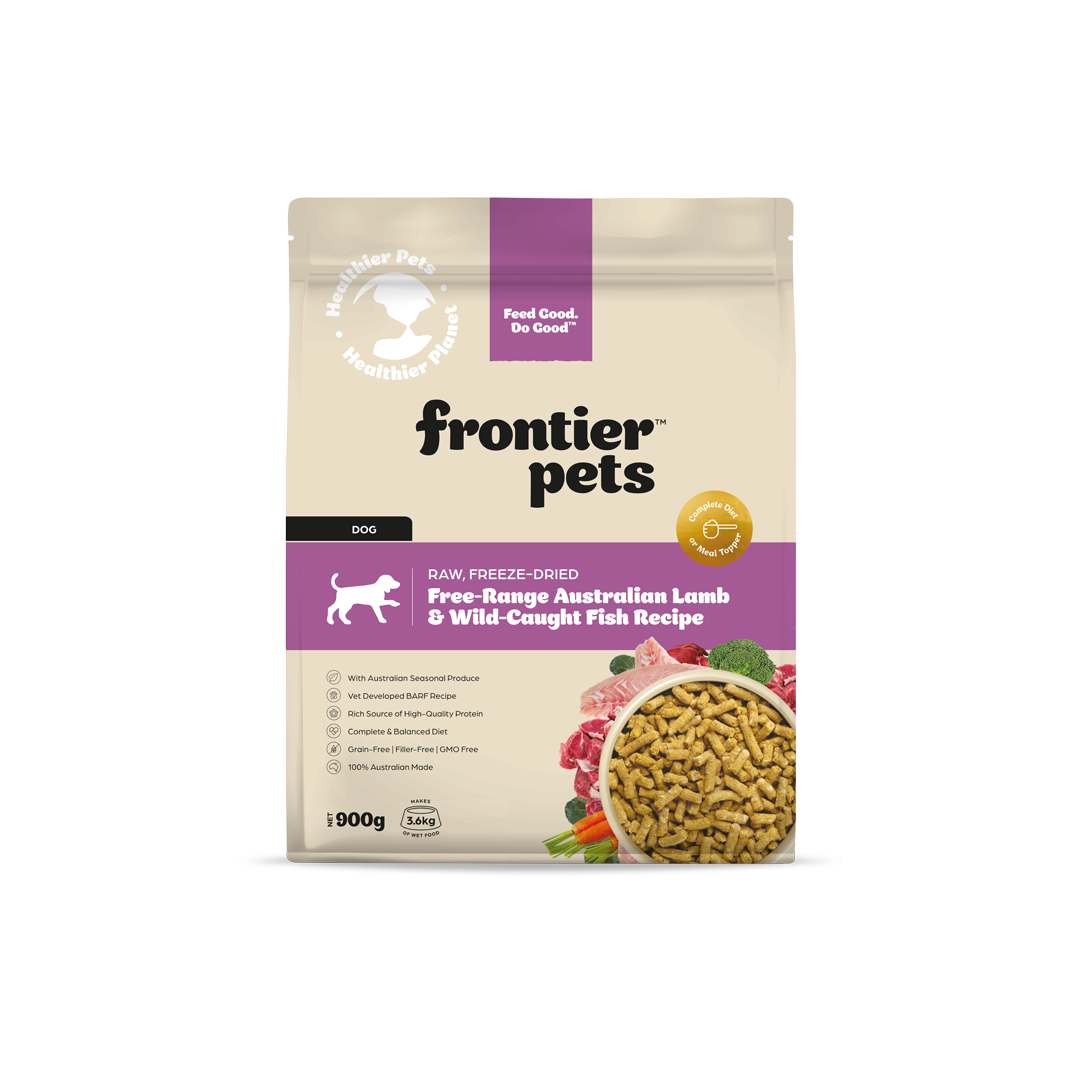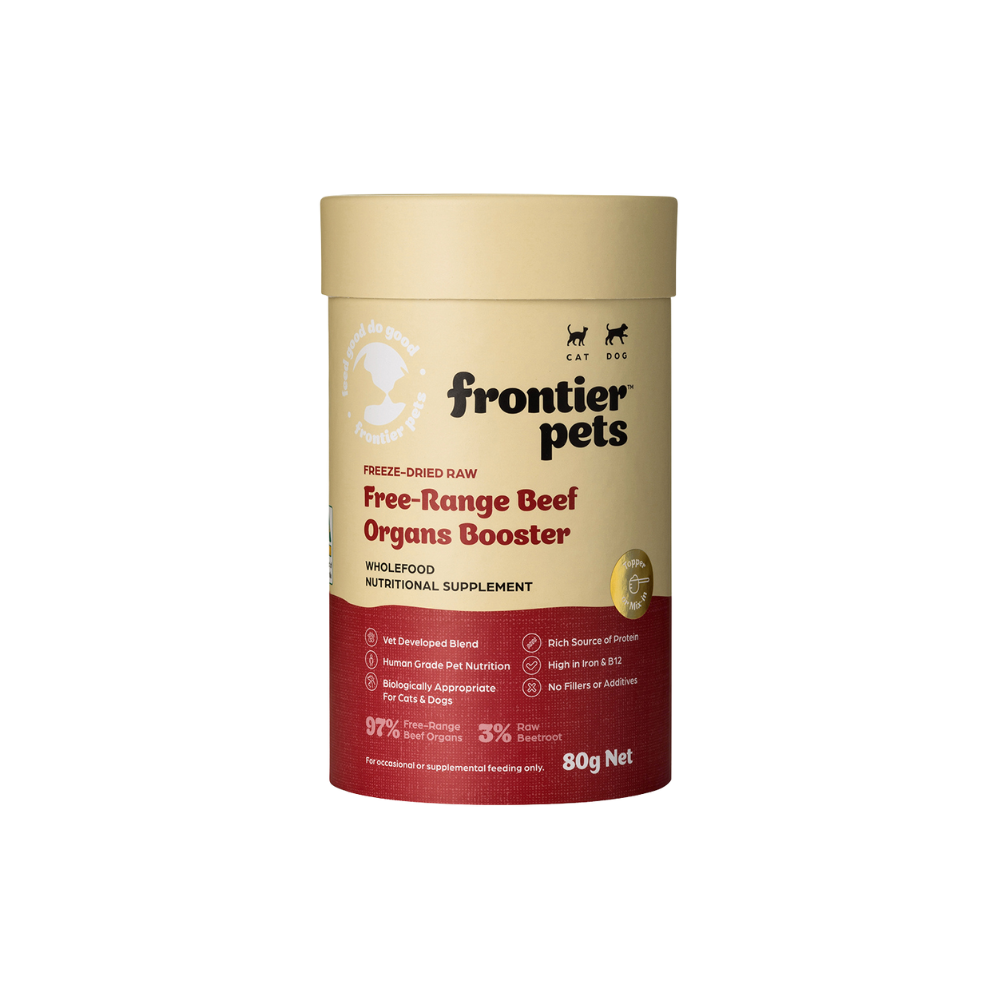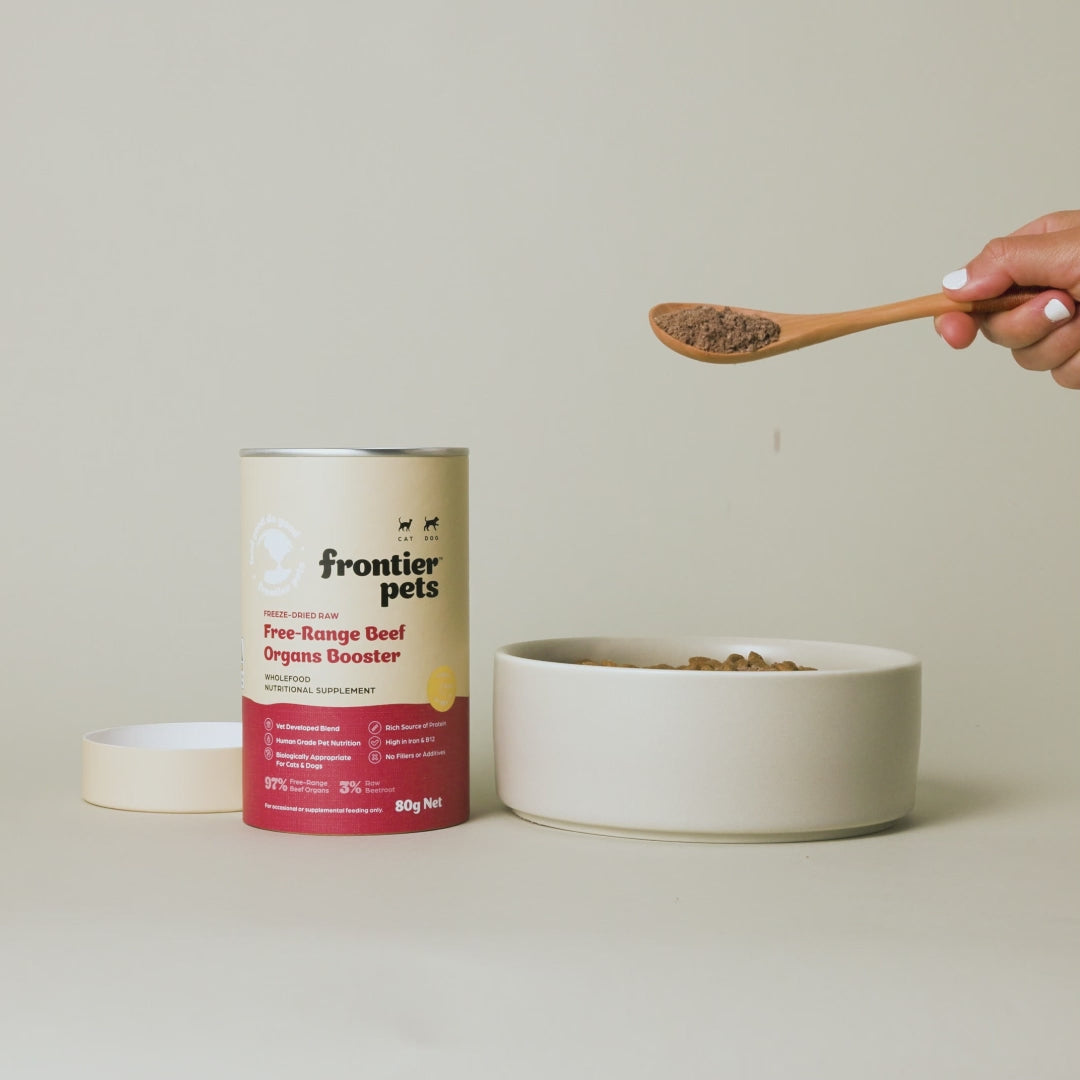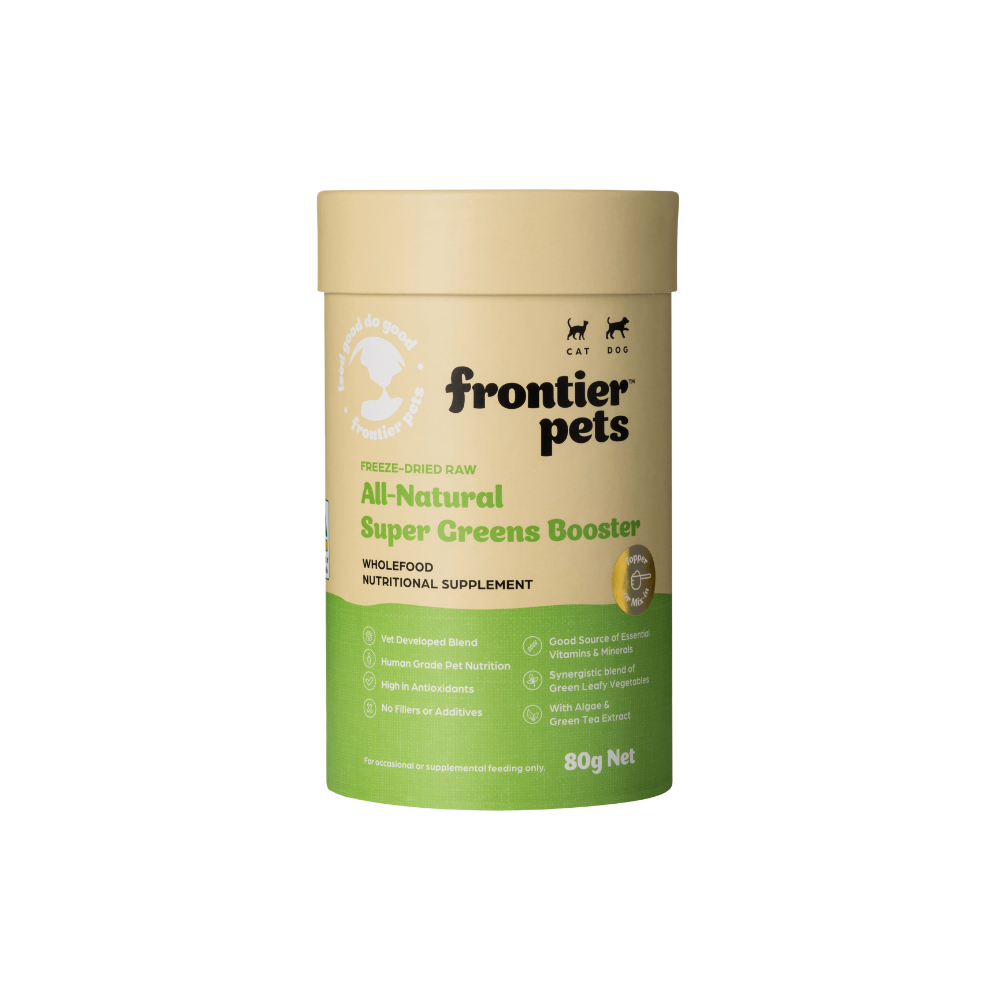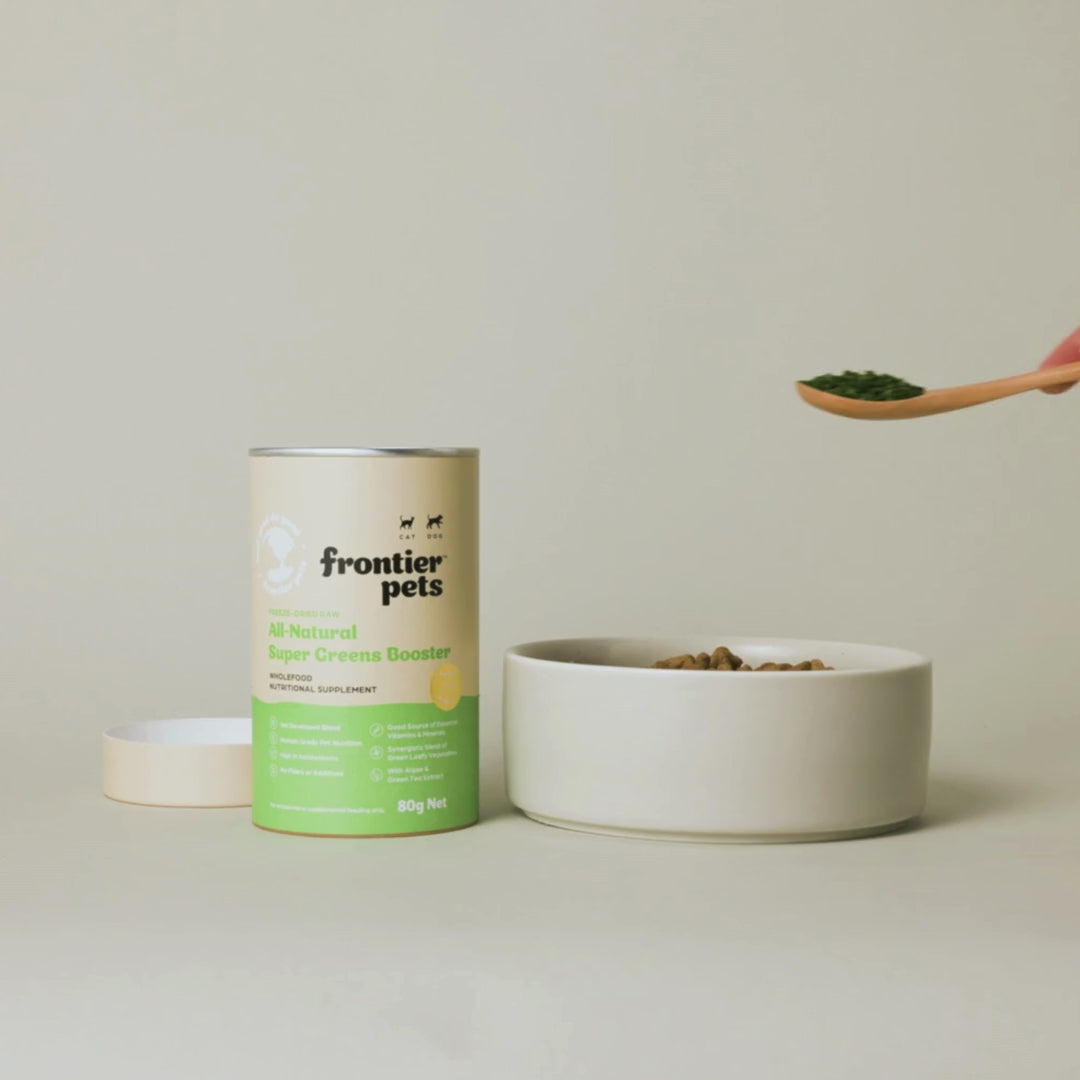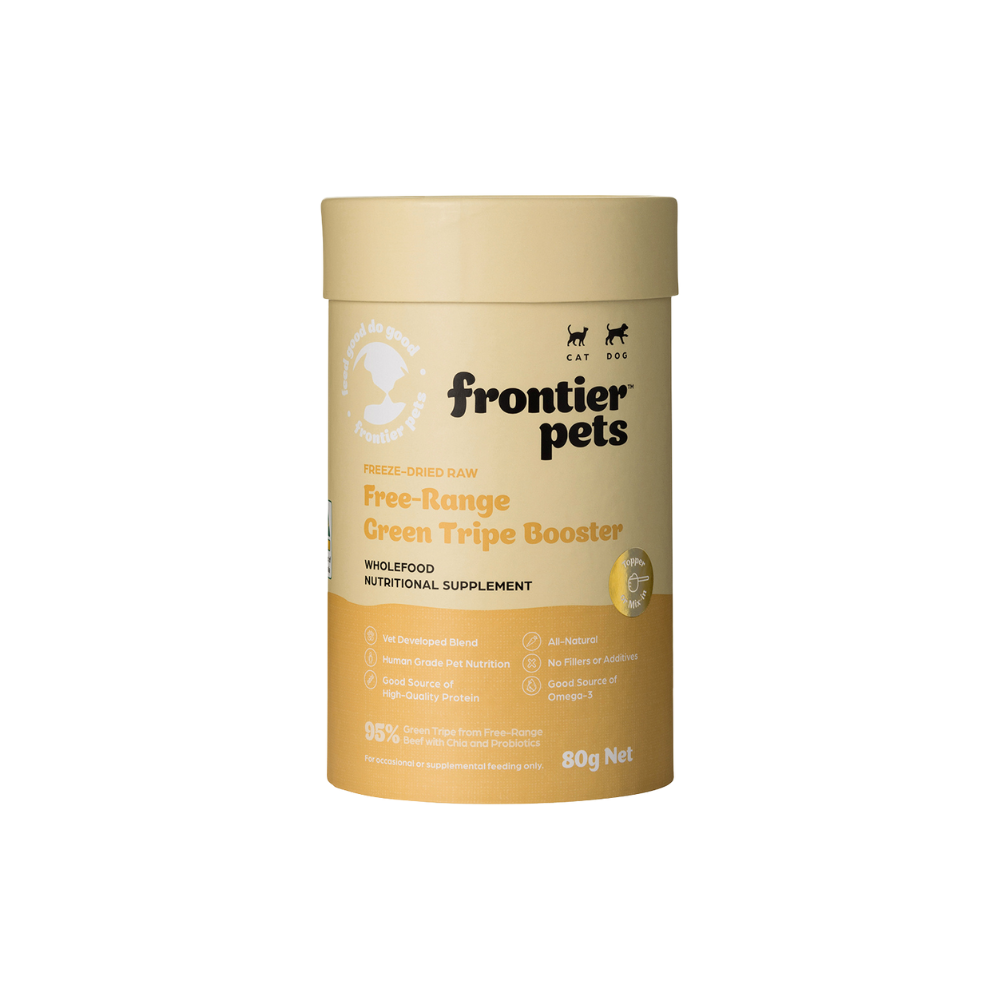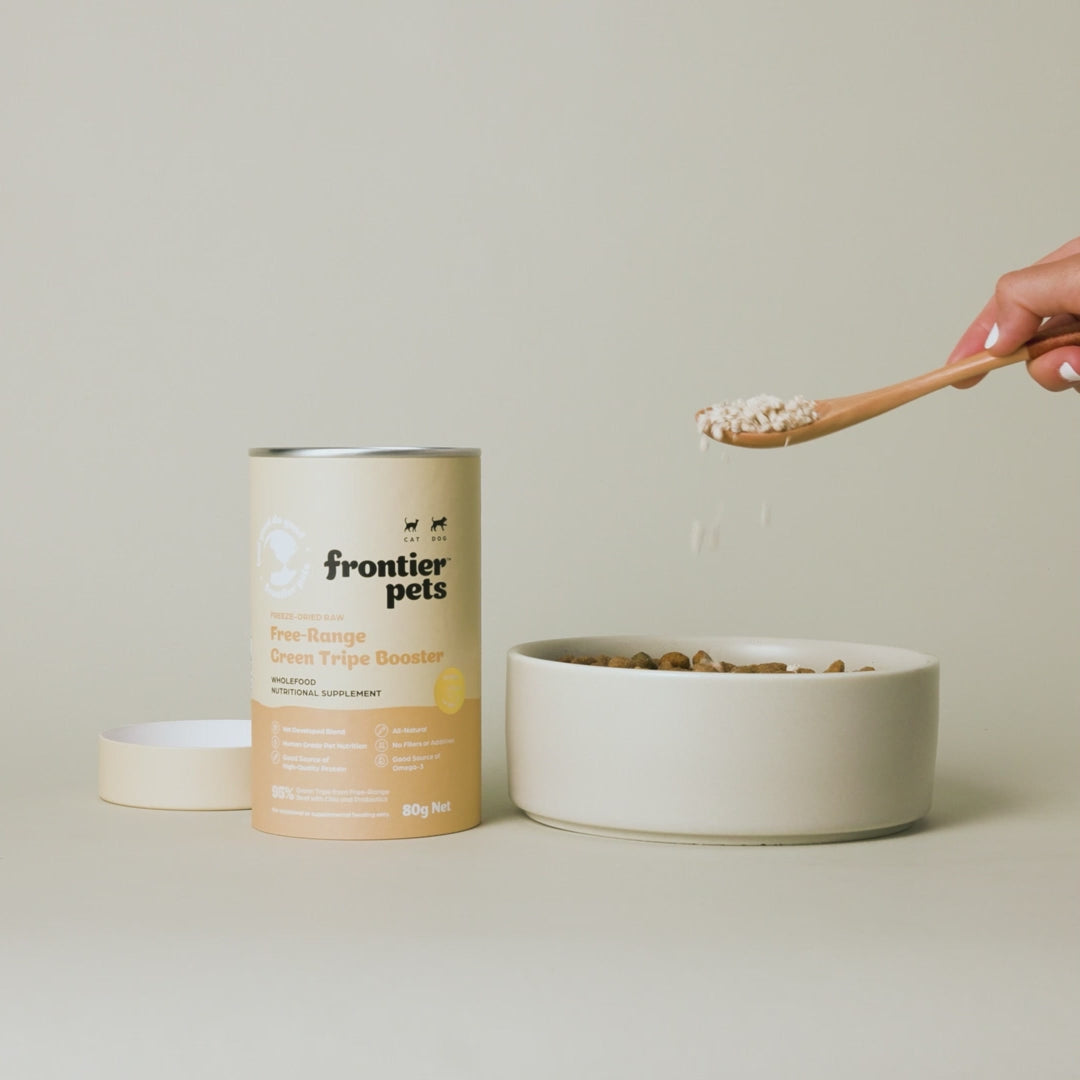What Type of Dog Food Is Best for Puppies?

Key Takeaways:
- Choosing the right food for your puppy is crucial for their growth and health.
- Less processed food, especially raw meat, is best for puppies.
- Puppies have different nutritional needs than adult dogs.
Welcoming a new puppy into your family is a joyful and exciting time. As a new fur parent, you want to give your little one the absolute best start in life. What your puppy eats during their first 1 or 2 years of life greatly influences how they will grow up. So, it’s only normal that you want to know what the best dog food for puppies is. This blog post will look closely at all the different dog food options, explain what your puppy needs, and provide you with all the information necessary to make the best choice.
The Importance of Proper Nutrition for Puppies
Puppies have different nutritional needs than adult dogs because they are in a critical stage of development. The right balance of nutrients during this time ensures they grow strong, healthy, and active. Puppies require a diet rich in essential vitamins, minerals, and macronutrients to support their rapid growth, energy levels, and developing immune systems.
Here are some key nutrients puppies need:
-
Protein: Essential for building and repairing tissues, protein is vital for muscle development and overall growth. Look for food that contains high-quality animal-based protein sources like chicken, lamb, beef, or fish. Protein also helps in the production of hormones and enzymes that are crucial to your puppy's health.
-
Fats: Healthy fats, particularly omega-3 and omega-6 fatty acids, are important for brain development, a shiny coat, and healthy skin. Fats also provide concentrated energy, which puppies need in abundance as they grow.
-
Calcium and Phosphorus: These minerals are critical for developing strong bones and teeth. The balance of calcium and phosphorus is crucial—too much or too little of either can lead to health issues. That’s why it’s essential to choose a dog food that is specifically formulated for puppies, as it will contain the right ratio.
-
Vitamins and Minerals: Puppies need a variety of vitamins and minerals to support their developing immune systems and overall health. Vitamins A, D, and E are important for vision, bone development, and antioxidant protection, while minerals like zinc and iron help with immune function and blood health.
-
Carbohydrates: While protein and fats are more important for puppies, carbohydrates still play a role by providing energy and aiding digestion. Carbohydrate sources like sweet potatoes or brown rice can also supply important fiber, which helps with digestion and maintaining a healthy gut.
-
DHA (Docosahexaenoic Acid): DHA is an omega-3 fatty acid that plays a significant role in brain and eye development. Puppies who get DHA in their diet often show better cognitive function and visual performance as they grow.
The Role of Water in Puppy Nutrition
It’s easy to focus on food, but don’t forget about water! Puppies need plenty of fresh water to stay hydrated, especially when they are active and playful. Water is essential for digestion, nutrient absorption, and regulating body temperature. Make sure your puppy has access to clean water at all times, and if you're feeding dry food, ensure they drink enough water throughout the day to prevent dehydration.
Portion Control and Feeding Frequency
Puppies have smaller stomachs, so they need to eat smaller, more frequent meals compared to adult dogs. Typically, young puppies should be fed 3-4 times per day, gradually reducing the frequency as they grow older. Be mindful of portion control to avoid overfeeding, as puppies can be prone to weight gain, which can negatively impact their developing joints. Check out our Puppies Feeding Guide for more information.
What are the different types of food for puppies?
As a new fur parent, you might be overwhelmed with the number of food choices available for your pup. It can be hard to know which is the best puppy food in Australia and what you should be feeding your growing pup. To help you make an informed choice, we have listed below the pros and cons of each option and explained how each one is made.
Wet Food for Puppy
Wet food is the second most popular type of dog food, after dry dog food. Cans of wet dog food mainly contain meat — fresh or frozen meat in the best brands and cooked or rendered meat (more processed) in the less expensive ones. Commercial wet dog food producers guarantee that their product contains all the nutritional elements your puppy needs.
Pros:
-
Tastier than dry food
-
Shelf-stable when unopened
-
Usually made with no preservatives
-
Easy to serve
Cons:
-
No control over what is in the can
-
Can be made from meat byproducts like meat meal
-
More expensive than dry food
-
Can contain BPAs & preservatives
-
Unpleasant smell for humans
-
Needs refrigeration once opened
-
Heavy and bulky
Kibble/Dry Puppy Food
Dry food, or kibble, is the most bought dog food in Australia, but not many owners understand how it is made and what it contains. It is usually made by coarsely grounding meat, often an inferior quality meat byproduct, cereals, corn and other grains fillers. These foods are dried at high temperatures, in a process that renders them “unfit for human consumption” since it removes over 50% of their nutrients. To compensate for this loss and make their food nutritionally complete, manufacturers usually add synthetic vitamins and minerals, together with preservatives, stabilisers, gelling agents and concentrated flavours.
Pros:
-
The most affordable option
-
Easy to buy in bulk
-
Shelf-stable both opened and unopened
-
No preparation required
Cons:
-
No control over what is in the can or packet
-
Heavily processed
-
High in filler grains and cereals
-
Contains preservatives and other nasties
-
Synthetic vitamins and nutrients
Fresh or Homemade Puppy Food
If you want absolute control over what you feed your puppy, then a raw homemade diet is the best option for you and your dog — seeing as you choose and prepare every one of your fur baby’s meals. There are a variety of homemade diet regimes on the internet but, if you choose to go down this road, we strongly recommend you speak to a veterinary nutritionist to fully understand your dog’s nutritional requirements beforehand. Another option is to subscribe to a fresh dog food home-delivery service. These companies’ products are usually scientifically formulated to provide a complete diet and make it easier for you to feed your puppy fresh ingredients.
Pros:
-
Total control over your puppy’s diet
-
Fresh or minimally processed ingredients
-
Can be extremely rich in nutritional value
-
Easy to customise and adjust
-
Promotes heart health
-
Increases energy levels
-
Creates a shinier coat
-
Causes better smelling breath
Cons:
-
Expensive
-
Requires planning
-
Time-consuming
-
Preparation needed
-
Fridge storage required
-
Hard to ensure it’s a well-balanced diet
Raw Puppy Food or BARF
In recent years there has been growing interest in the BARF diet. This acronym stands for Bones and Raw Food or Biologically Appropriate Raw Food. Believing that dogs will thrive on a diet that closely resembles their ancestors’, this veterinary-designed feeding program advocates the use of raw bones, organ and muscle meats, raw eggs, dog-safe fresh fruits and vegetables and some dairy products such as yogurt.
Pros:
-
Biologically appropriate
-
Total control over your puppy’s diet
-
Extremely rich in nutritional value
-
No artificial flavours or colours
-
No artificial additives
-
Promotes a strong immune system
-
Creates healthy skin and shiny coats
-
Encourages better dental health and breath
-
Leads to higher energy levels
Cons:
-
Expensive
-
Needs refrigeration
-
Needs careful handling
-
May contain potentially dangerous bacteria
-
If not designed by an expert, it can lack nutrients
Freeze-Dried Puppy Food
Freeze-drying is not the same as dehydrating. Dehydrating uses heat to remove water from the food, while the freeze-dried process dehydrates the food at a low temperature, thus preserving all its nutrients. It might sound high-tech, but it’s actually been around for several decades. In fact, we consume freeze-dried products every time we have a cup of instant coffee or eat 2-minute noodles or most camping food. Freeze-dried dog food, like that at Frontier Pets, retains almost 100% of the natural nutrients found in its raw form. It is a simple and convenient way to feed your puppy minimally processed food without any of the hassle of buying, storing and preparing a fresh and raw meal.
Pros:
-
Safe and easy to handle
-
Shelf-stable
-
Lightweight
-
Minimally processed
-
Nutritionally rich
-
Naturally tasty
-
Doesn’t require cold refrigeration
-
Biologically appropriate
-
Highly digestible
-
Less expensive than fresh food
Cons:
-
Freeze-dried food tends to be more expensive than traditional kibble or wet food because of the advanced process and human-grade ingredients used.
-
Some dogs may not immediately take to the texture of freeze-dried food, especially if they are used to kibble or wet food so transition slowly is ideal.
What to consider when choosing puppy food?
Whether you are a first-time puppy owner or an experienced puppy parent, you want to make sure you give your pup a great start in life with the best puppy food in Australia. The most important thing is to give your puppy a nutritionally balanced diet, rich in all the micro and macronutrients needed to grow into a healthy adult dog. A puppy’s diet should primarily contain proteins, vitamins, minerals, amino acids and fatty acids. What you don’t want to feed your puppy is grains, cereals, meat byproducts, additives and preservatives. Also remember that, while dog treats will always be your puppy’s favourite food, they shouldn’t account for more than 10% of their daily caloric intake.
What type of dog food is best for puppies?
So, after all of this, what is the best dog food for your puppy? To put it simply, exactly like it is for us humans, the less processed food your puppy eats, the better. Unlike us though, dogs’ evolution and biology require that they have a high intake of fresh raw meat. We believe that a BARF diet is the best option for your puppy. Since we understand that homemade meals and feeding your puppy raw meat every day might not be a viable option for you, we have designed a range of 100% seasonal and GMO-free freeze-dried products.
By choosing Frontier Pets products, you will be providing your growing puppy with all the nutrients they need at a minimal effort from you. What’s more, unlike other freeze-dried brands on the market, our meat is 100% sustainably-sourced, and we are committed to ending factory farming one bowl at a time.
Want to give your puppy the best start in life? Secure yourself a Frontier Pets puppy small pack combos today!
Summary
Providing proper nutrition during a puppy's first year or two is essential for healthy growth and development. A balanced diet rich in high-quality proteins, fats, calcium, and essential vitamins ensures strong bones, a healthy coat, and a robust immune system. Various types of puppy food, such as wet, dry, fresh, BARF, and freeze-dried, offer different benefits and drawbacks. Minimally processed options like freeze-dried food from Frontier Pets retain natural nutrients and offer a convenient, eco-conscious, and healthy choice for puppies. Prioritising a balanced diet with fresh, high-quality ingredients will give your puppy the best start in life.
Frequently Asked Questions (FAQs)
More Blog posts
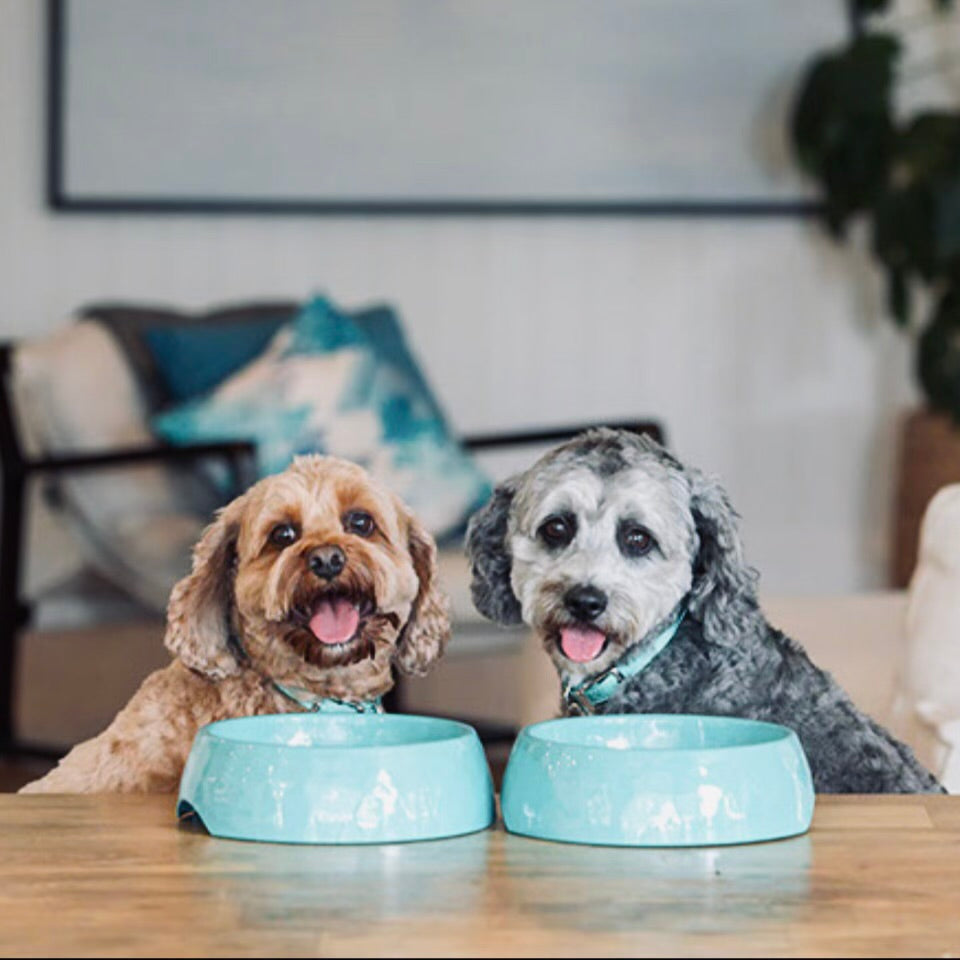
Best Low Maintenance Dog Breeds in Australia
Choosing your new fluffy companion is never easy. There is a wide range of considerations that go into finding the perfect pup for you! From your lifestyle to your living arrangements, it’s importa...
Read more
Steps With Pets Charity Challenge, August-September 2025
Steps with Pets – Tottenham Hotspur’s global charity dog-walking challenge, supported by Frontier Pets Calling all dog-loving Spurs fans around the world! This is your chance to combine your pass...
Read more
